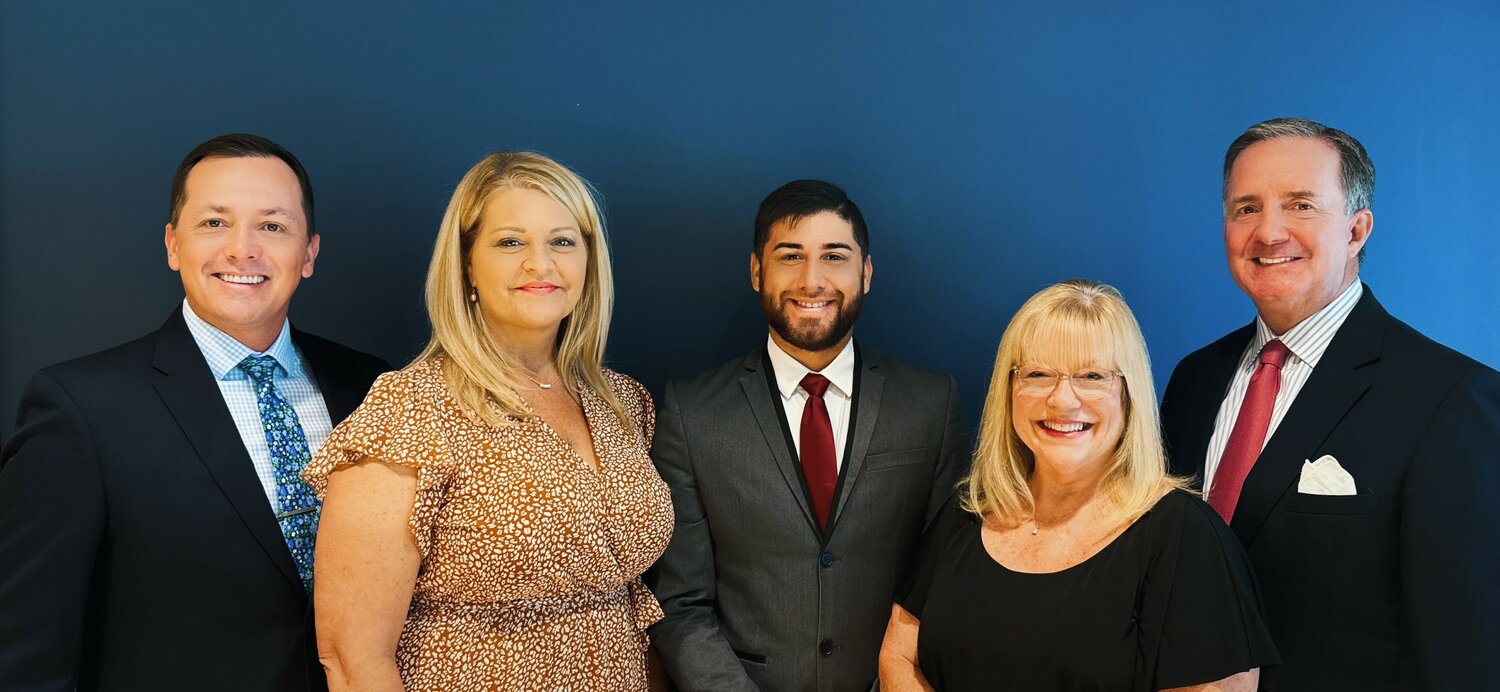What should you know if you hit the jackpot?
Picture this: You’ve just won the lottery or received a large inheritance. You start daydreaming about all the wonderful things you’ll buy, the vacations you’ll take, and not having to worry so much about money.
If only it was that simple to live on Easy Street. The truth of the matter is if you don’t properly plan on how to receive your windfall and invest it wisely, you could instead find yourself on the road to financial disaster.
If by chance you become an overnight millionaire, you might want to consider the following before you quit your day job or buy that new luxury car.
Consider taking winnings in a lump sum
If you’re disciplined enough not to spend the money all at once, you may want to consider taking it all in a lump sum. Typically, receiving your winnings this way will give you more money in the end than if you were to get payments over a number of years.
For example, if you receive $1 million and pay half of that in taxes, you’ll end up with $500,000 to invest. At a hypothetical 10% rate of return, your winnings would have the opportunity to grow to more than $3.3 million in 20 years. By comparison, if you chose to receive your windfall in 20 annual installments of $50,000 and invest each year at that same 10%, you would end up with approximately $2.8 million — a difference of more than $500,000.
The more money you can get invested right away, the better off you could be. Keep in mind this example is for illustrative purposes only and does not reflect the performance of any specific investment. There is no guarantee you would be able to obtain a consistent rate of return.
The installment option may be better if you’re a spendthrift
On the other hand, if having an account with a lot of money in it is too tempting for you to handle, you may want to take your fortune over a period of several years. You may not have this option with every type of windfall, but if you happen to win the lottery, the sponsor may invest your winnings for you. You may get a better rate of return by taking the money in a lump sum, but that’s no use if you end up spending all of it without planning.
Keep income taxes in mind
A significant amount of what you win or inherit will likely go to pay federal and state income taxes. And remember, a multimillion-dollar payout in 2023 would put you in the highest federal tax bracket at 37%. Add state income taxes to that, and you may end up losing half of your money to taxes.
In cases where winning lottery tickets are purchased outside your home state, it’s possible that you would be taxed in your home state and the state where you purchased the ticket. Careful tax planning may help you keep as much of the money as possible.
What happens when you die?
Not surprisingly, federal estate tax laws are complicated. That being said, here are a couple things to keep in mind:
- If you’re married, the money from your winnings or inheritance — no matter how much — may be passed to your spouse free from federal estate taxes.
- If you die in 2023 and your estate is worth $12,920,000 or more, your heirs could incur federal estate taxes.
You need to discuss the possible implications of federal estate taxes and how to plan for them with an estate planning attorney.
Our firm does not give tax or legal advice. Specific questions on taxes as they relate to your individual situation should be directed to your tax advisor. Any estate plan should be reviewed by an attorney who specializes in estate planning and is licensed to practice law in your state.
This article was written by/for Wells Fargo Advisors and provided courtesy of Jamie Seim, CFP, Senior Vice President – Investment Officer in Ponte Vedra Beach at 904-273-7917.
Investment and Insurance Products are:
- Not Insured by the FDIC or Any Federal Government Agency
- Not a Deposit or Other Obligation of, or Guaranteed by, the Bank or Any Bank Affiliate
- Subject to Investment Risks, Including Possible Loss of the Principal Amount Invested
Wells Fargo Advisors is a trade name used by Wells Fargo Clearing Services, LLC, Member SIPC, a registered broker-dealer and non-bank affiliate of Wells Fargo & Company. CAR-0723-01320
©2023 Wells Fargo Clearing Services, LLC.







